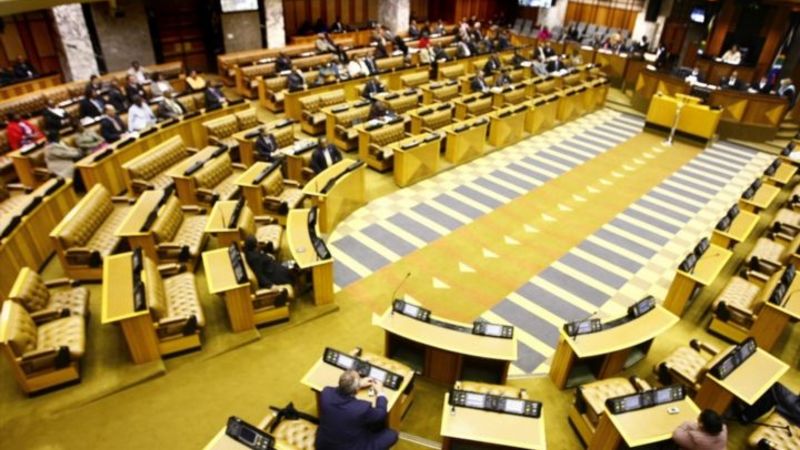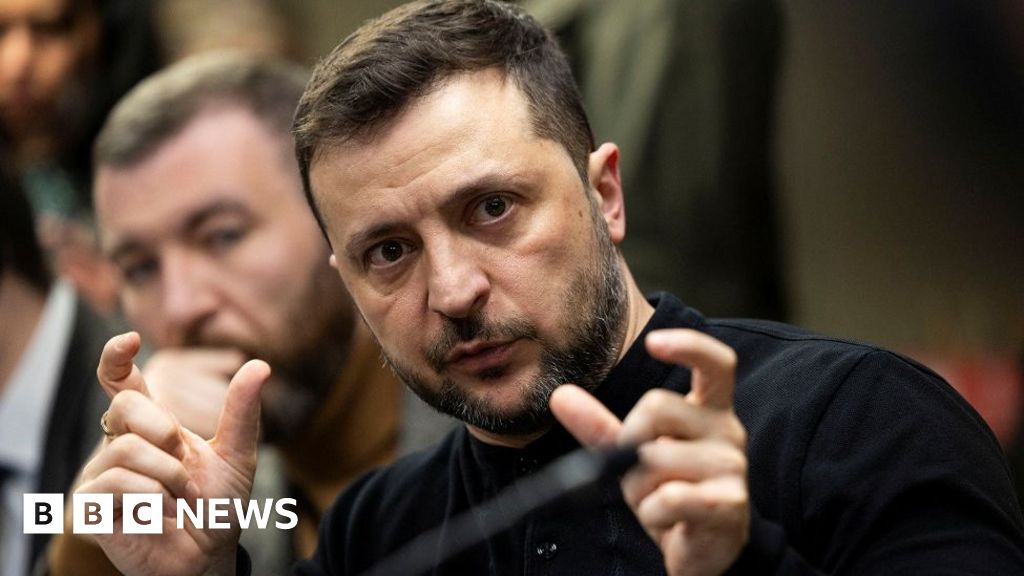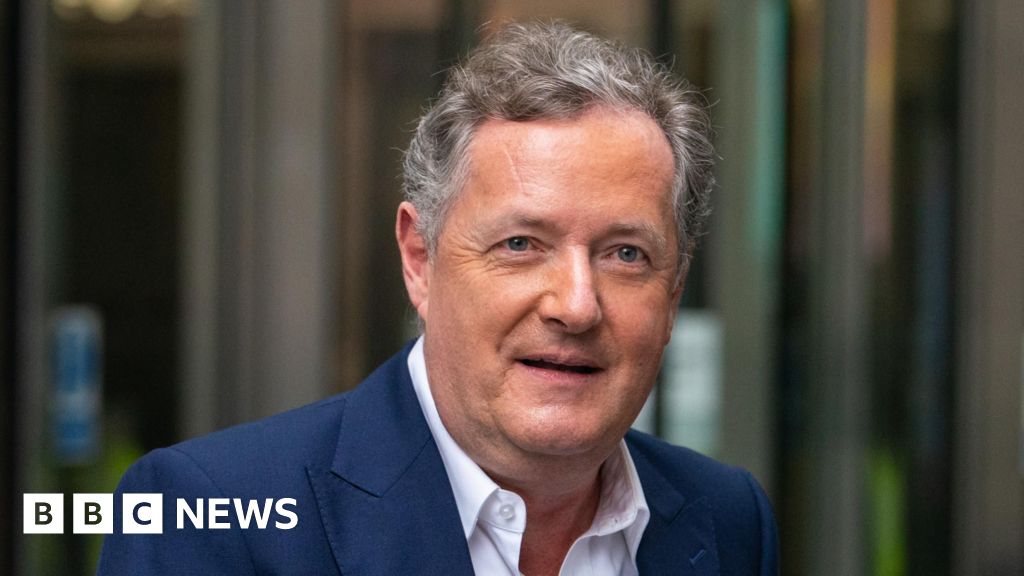
The IEC says that parliament will deal with any any forgery of election signatures
The Electoral Commission of South Africa (IEC) says it is leaving it to parliament and affected individuals to deal with any forgery that occurs during the collection of signatures and identity numbers by political parties and independent candidates who want to contest the 29 May general elections for the first time.
The IEC requires that these political parties gather at least 15 000 signatures while independent candidates must gather 1 000 signatures.
In terms of the 2023 Electoral Amendment Act, the IEC requires that all political parties contesting the 2024 general elections register 15 000 members and supporters on the IEC portal.
But the electoral body does not have any way of verifying whether the signatures that were given to them by the parties and independent candidates belong to the ID numbers they have submitted.
IEC deputy chief electoral officer in charge of outreach Mawethu Mosery told the Mail & Guardian on the sidelines of a media briefing on Tuesday that the commission accepted what was given to it by political parties and independent candidates without suspicion.
Having accepted the documents, the commission then put them in the public domain for people to raise any objections, he added.
Asked about the scenario of an individual only realising after the election had passed that their signature had been forged and whether this was not a cause for concern for the integrity of the vote, Mosery said it instead had a bearing on the integrity of the person elected on the basis of the forgery.
“It will then be up to parliament to deal with that person. Seven days after the elections, we hand over the outcome of the election to parliament. Once we hand it over, it is no longer within our mandate,” he said.
“If you discover that a person was elected having used your name and signature incorrectly, you then have to deal with parliament. “
Asked if this would not open the door for litigation, Mosery said the IEC would not preempt what could happen, and there would need to be an investigation.
The IEC’s deputy chief electoral officer, Masego Shebur, told the media that the commission did not have a database of signatures and therefore could not verify whether the signatures belonged to the correct voters.
“All that it does is to check whether the number of captured signatures supports the requisite number of signatures for a candidate to qualify,” Sheburi said.
He added that there was also a window period during which interested parties could inspect the supporting documents and the signatures and raise an objection if they so desired.
 (1).png)
 10 months ago
49
10 months ago
49


















